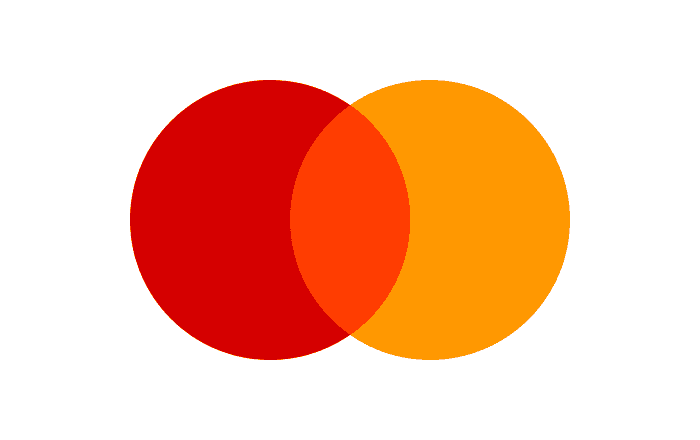The details of the announced framework agreement (1/10/20) between Lebanon and Israel (*) are becoming clearer, less than a week prior to the kick-start of the indirect negotiations between the two countries over the disputed southern maritime borders.
Talks are expected to begin on October 14, in the presence of US Assistant Secretary of State for Near Eastern Affairs David Schenker.
Schenker will visit Beirut on October 12 and meet with Lebanese officials, before participating in the first meeting between Lebanon and Israel.
The negotiations will be held at the headquarters of UNIFIL in the southern Lebanese coastal town of Naqoura, under the banner of the United Nations.
Meetings will take place in one room, with no direct communication. Both sides will communicate through UNIFIL Head of Mission and Force Commander Major General Stefano Del Col and UN Special Coordinator for Lebanon Jan Kubis.
The Israeli delegation will be headed by Israeli Energy Minister Yuval Steinitz. Over the past week, Israeli media have referred to the talks as direct negotiations, and Israel has been pushing towards sending high-level representatives from both sides.
However, Lebanese President Michel Aoun had decided earlier this week on the members and format of Lebanon’s delegation, which will include military representatives as well as technical experts in the fields of law and maritime disputes.
Sources close to the situation have claimed that the Lebanese delegation will be headed by Deputy Chief of Staff of the Lebanese Armed Forces for Operations Brigadier General Pilot Bassam Yassin, Marine Colonel Mazen Basbous, maritime borders expert Najib Msihi and Lebanese Petroleum Administration (LPA) Board Member Wissam Chbat.
A technical expert as well as a diplomat are expected to join the Lebanese delegation, but this has not yet been confirmed.
Lebanon and Israel each claim about 860 square km (330 square miles) of the Mediterranean Sea as part of their own exclusive economic zones (EEZs).
In this regard, the Lebanese delegation will focus on two important maritime points: point B1, which represents the last transition point between the land and the sea and is key to the delineation process, and the trijunction point which demarcates between Lebanon, Israel and Cyprus, and has been the initiator of the dispute since 2010.
(*) See: Lebanon: Upcoming border talks with Israel
Free

Thursday, October 08, 2020
Lebanon: Preparations for border negotiations with Israelnote
Subscribe to Newsletter
Join 5,000+ Experts in Defense, Energy, and Government Sectors.


